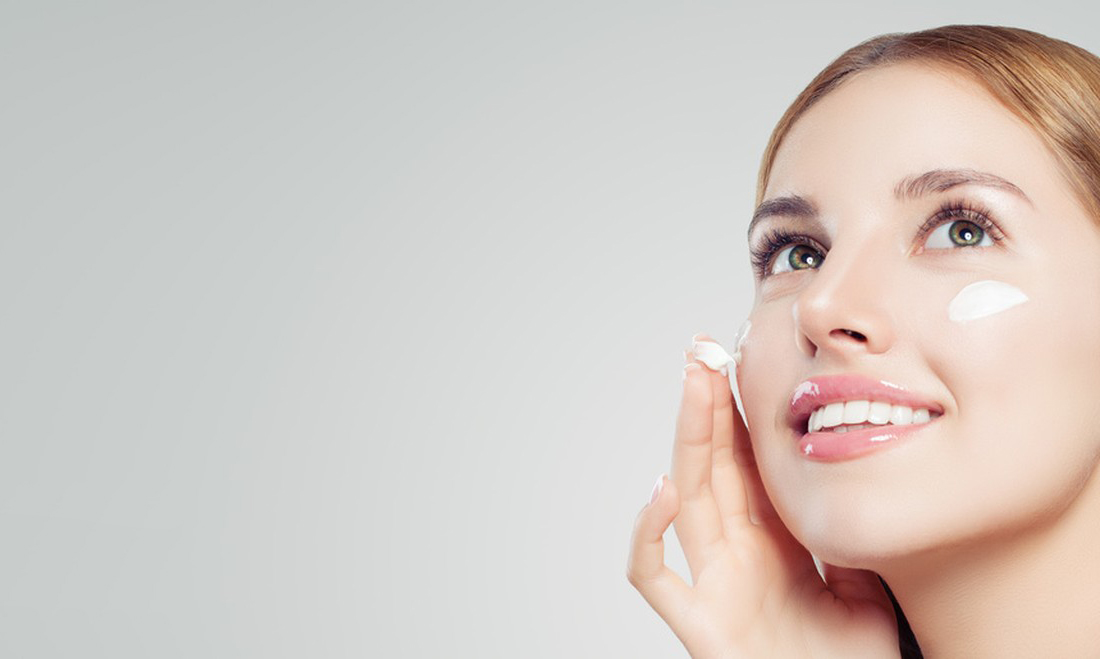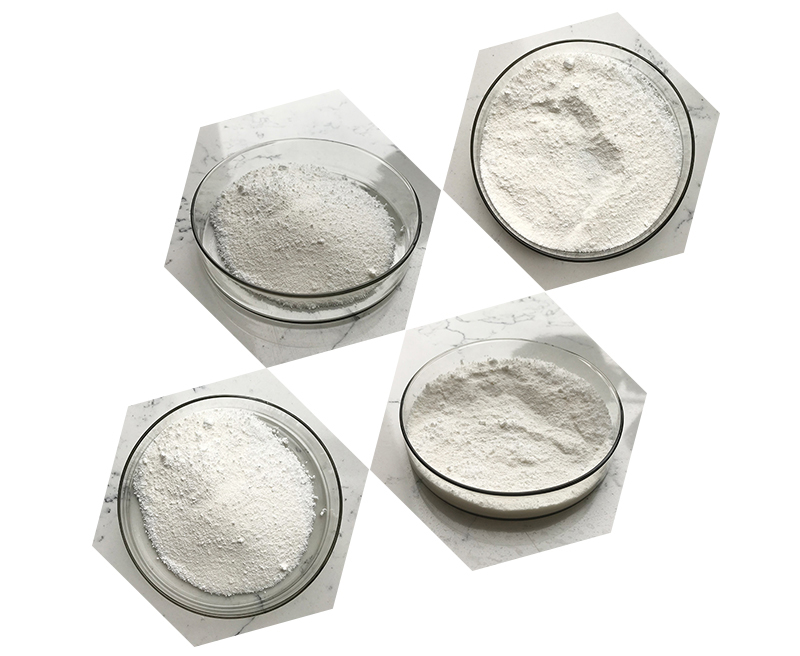Polyglutamic acid (PGA) is a naturally occurring biopolymer that is increasingly being used in the beauty and skincare industry due to its potential benefits. Here are some pros and cons of polyglutamic acid:
Pros of Polyglutamic Acid:
- Intense Hydration: Polyglutamic acid has the ability to hold more moisture than hyaluronic acid, making it an excellent hydrating ingredient for the skin. It can attract and retain water, helping to keep the skin well-moisturized.
- Improves Skin Elasticity: Polyglutamic acid can enhance the skin’s elasticity, making it appear firmer and more youthful. This can help reduce the appearance of fine lines and wrinkles.
- Gentle on the Skin: Polyglutamic acid is generally considered safe for all skin types, including sensitive skin, as it is less likely to cause irritation or allergic reactions compared to some other skincare ingredients.
- Boosts Collagen Production: Some studies suggest that Polyglutamic acid can stimulate collagen production, which is crucial for maintaining skin strength and resilience.
- Barrier Protection: It can help strengthen the skin’s natural barrier, which is essential for protecting against environmental aggressors and preventing water loss from the skin.

Cons of Polyglutamic Acid:
- Cost: Polyglutamic acid products can be relatively expensive compared to other skincare products. This can be a drawback for those on a budget.
- Limited Research: While Polyglutamic acid shows promise, there is still limited scientific research available on its long-term effects and efficacy, so its benefits are not as well-established as some other skincare ingredients.
- Limited Product Availability: Polyglutamic acid is not as commonly found in skincare products as more established ingredients like hyaluronic acid or peptides, so it may be challenging to find products that contain it.
- Not a Standalone Solution: Polyglutamic acid should be part of a comprehensive skincare routine and should not replace other skincare essentials like sunscreen, antioxidants, and cleansers. It is most effective when used in conjunction with other skincare products.
- Individual Reactions: While Polyglutamic acid is generally considered safe, everyone’s skin is different, and some individuals may still experience adverse reactions or allergies. It’s always advisable to perform a patch test before using a new product containing Polyglutamic acid.

In summary, polyglutamic acid has the potential to offer excellent hydration and improve skin elasticity, but its long-term benefits are still being researched. As with any skincare product, it’s essential to assess your individual needs and preferences and consider consulting a dermatologist for personalized recommendations.
